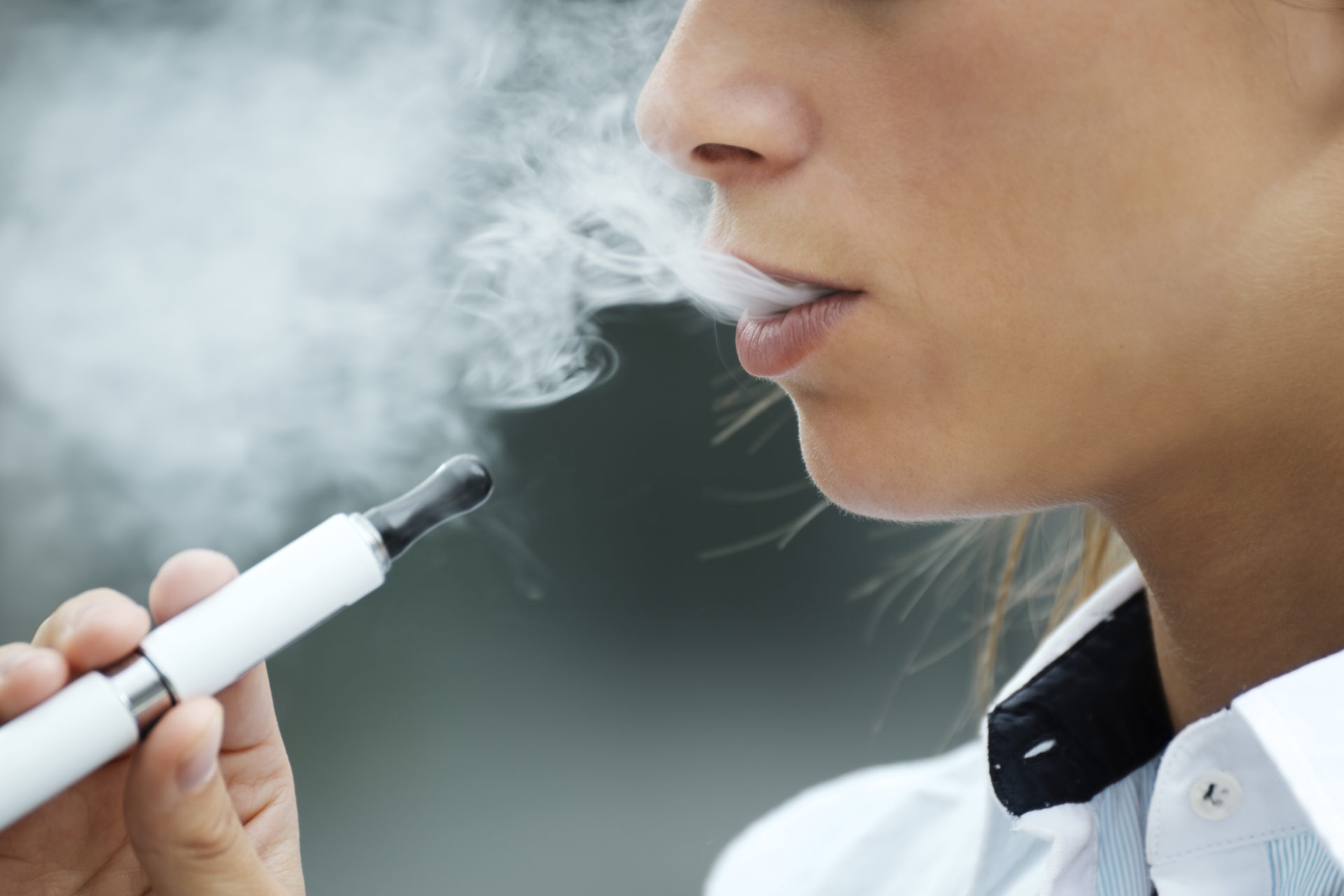Lung Foundation Australia Statement
From 1 October 2021, nicotine e-cigarettes and liquid nicotine available by prescription only.
Lung Foundation Australia supports the Therapeutic Goods Administration’s (TGA) precautionary approach which balances the needs of individuals seeking to quit smoking and protects future generations of young Australians from taking up a habit. Our support of the TGA is guided by evidence and the policy guidelines from the Thoracic Society of Australia and New Zealand (TSANZ) and the Royal College of General Practice (RACGP).
We understand and have great empathy for Australians wishing to quit and be tobacco-free. We have worked alongside people with smoking-related lung diseases, and their treating health professionals, for over 30 years. Lung Foundation Australia does not seek to demonise those who smoke, or are attempting to quit, including Australians using e-cigarettes. We continue to encourage Australians to show support and empathy to others.
Inhaling unknown and untested liquids and chemicals, with or without nicotine, is harmful to your lung and overall health and that is why we strongly support working with your health professional.
Research jointly funded by Lung Foundation Australia and the Mindaroo Foundation conducted independently by Curtin University highlights our continued concerns and the need for caution. Vape liquids are highly variable and unregulated in their manufacture, sale and distribution. Evidence of harm is clear and the impact on short and long-term damage to lung health is more fully understood and recognised.
About the TGA’s decision
As the result of a decision of the TGA scheduling delegate published 21 December 2020, consumers will, from 1 October 2021, require a doctor’s prescription to legally access nicotine e-cigarettes and liquid nicotine in Australia.
This decision aims to prevent adolescents and young adults from taking up nicotine e-cigarettes while allowing current smokers to access these products for smoking cessation on their doctor’s advice.
There has been a significant increase in the use of nicotine e-cigarettes by young people in Australia and in many overseas countries. There is evidence that nicotine e-cigarettes act as a ‘gateway’ to smoking in youth and exposure to nicotine in adolescents can have long-term consequences for brain development. Consumers can continue to import nicotine e-cigarettes to assist with smoking cessation with a doctor’s prescription.
Consumers will also be able to obtain nicotine e-cigarettes from local pharmacies and Australian-based online pharmacies, with a prescription from an Authorised Prescriber or under the TGA Special Access Scheme. The requirement for a prescription will provide an opportunity for consumers to receive advice from their doctor on smoking cessation in the context of their overall health management.
There are currently no TGA-approved nicotine e-cigarettes in the Australian Register of Therapeutic Goods (ARTG). Medicines not included in the ARTG are able to be accessed on prescription from any doctor through the TGA personal import scheme, or on prescription from a doctor who has received an authorisation under the TGA Authorised Prescriber or Special Access Scheme B.
In response to concerns regarding the safety and quality of some nicotine e-cigarettes and e-cigarette fluids, a public consultation will be undertaken in February 2021 on proposed product safety and quality standards.
The consultation will be informed by existing international standards for nicotine e-cigarettes.
Child-resistant closures for liquid nicotine will also become mandatory to reduce the risk to children of accidental ingestion. This is consistent with many other countries.
In the coming months there will be a wide range of educational and communication resources to support health professionals and consumers on the changes. The TGA website, which will be updated regularly, includes more information for consumers and health professionals about the changes.
Lung Foundation Australia welcomes these proposed changes and encourages the Australian and State and Territory Governments to police vaping retailers and liquid manufacturers to ensure safety is paramount.
Why is Lung Foundation Australia different from the British Lung Foundation (BLF)?
The comparison between the British and Australian Lung Foundations has been made repeatedly by pro-vaping advocates. We respect the decision of our British counterparts as they respect our position. It is unreasonable to paint Lung Foundation Australia as out of step with the community or policy.
The BLF is guided by Public Health England’s approach to vaping. Lung Foundation Australia is guided by Australian Health Department guidance, in concert with TSANZ and our own expert advisory panels which include people with lung disease.
We make the point however, that Lung Foundation Australia’s position is consistent not just with Australian, State and Territory Government advice, but also with that of the European Lung Foundation and American Lung Association, which adopt a precautionary approach.

